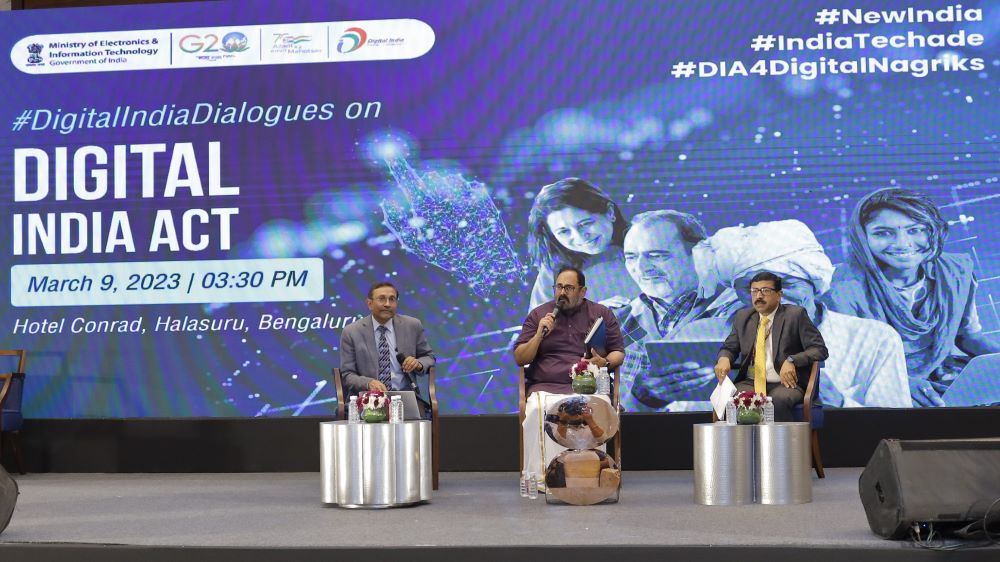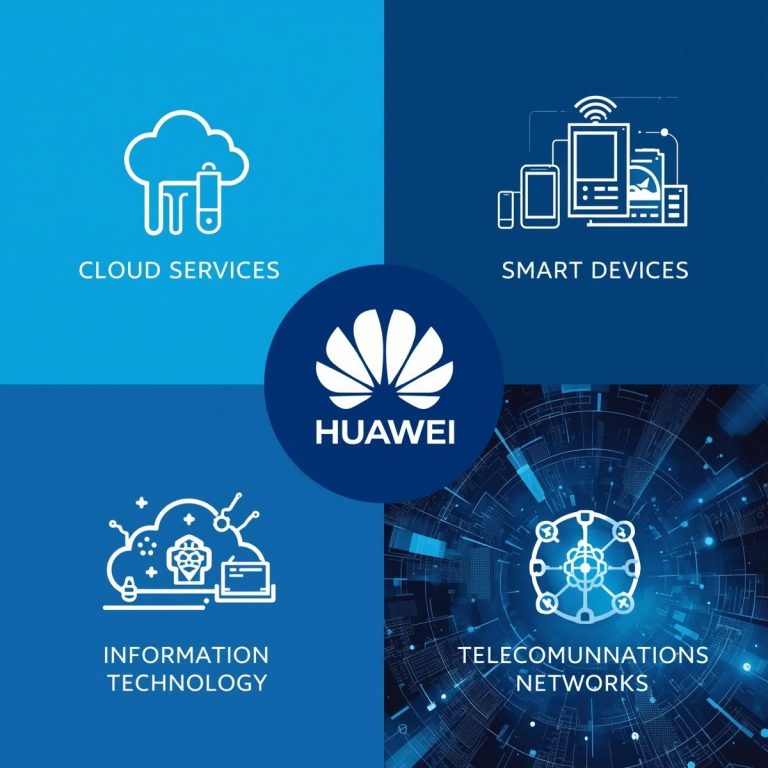
With growing internet penetration and a thriving start-up ecosystem, India is in a position where our digital markets are still developing but are on the path to becoming the largest internet market in the world. Any regulation that comes into play needs to be balanced so that it does not hinder innovation or put a roadblock in the way of progress. India’s Cyber Security and Laws have been a raging issue in past few years owing to many problems arising out of its misuse. In the midst of tensions with China on the northern border, India increased its scrutiny of Chinese apps and banned several that were found to be illegal and potentially dangerous, including the extremely popular app TikTok.
The first ban was put into effect in 2020, shortly after the Galwan Valley fight that resulted in the deaths of 20 Indian soldiers.
The Ministry of Electronics and Information Technology has lately proposed Digital India Act, 2023, which will replace the Information Technology Act (IT Act) of 2000 having a comprehensive approach to rulemaking. The aim is to allow innovation while simultaneously safeguarding citizens’ safety, trust, and accountability.
The IT Act of 2000’s fundamental principles got drafted prior to the advent of e-commerce and social media platforms, despite being amended multiple times over the course of the past two decades. Cyber security, data privacy, hate speech, fake news, and anti-competitive practices by big tech companies are some of the challenges posed by these services, which have made it easier for citizens to access services like healthcare, education, and entertainment via digital platforms.

Without sufficient guardrails set up, the aim towards a $1 trillion economy by 2030, could go off track. In this context, the proposed law will address issues of internet platform competition, deep fakes, cybercrime, and the potential misuse of AI. In addition, it redefines “safe harbor” rules that enable social media platforms to avoid liability for user posts and establishes a new adjudicatory mechanism for online civil and criminal offenses. It is now established beyond a reasonable doubt that major Internet companies like Google, Twitter, and Facebook have a significant impact on a nation’s social, economic, and political outcomes. Social media are largely unregulated in India. While this encourages the free flow of information and freedom of speech, it has also led to an increase in online harassment, slander, and hate speech. The new law’s welcome features include preventing market power concentration and allowing large tech companies to control access to digital services without discrimination.
Despite Digital India Act’s outline by the Government is impressive, it is equally essential that it be quickly enacted alongside a robust data protection law. The significance of laws governing digital applications and those that protect personal data cannot be overstated in a world that is becoming increasingly digitized and in which individuals, machines, financial institutions, businesses, and government agencies are connected via a single network.
The fact that India is home to 107 unicorns demonstrates how well the government has done its job thus far. Since the market is in a state of flux and still taking shape, the regulators have realized that a soft-touch approach is the most important thing right now.



